How To Develop More Self Confidence

In an era defined by social media comparisons and constant self-evaluation, building self-confidence has become increasingly crucial for personal and professional success. Experts in psychology and personal development offer practical strategies to cultivate a stronger sense of self-worth and navigate the challenges of modern life with greater assurance. This article explores actionable steps individuals can take to develop lasting self-confidence.
At its core, self-confidence is a belief in one's own abilities, qualities, and judgment. It's not about arrogance or boasting, but rather a quiet inner sense of competence. Developing this trait can significantly impact an individual's life, leading to improved relationships, career advancement, and overall well-being.
Understanding Self-Doubt
The first step towards building self-confidence is understanding the root causes of self-doubt. According to a report by the American Psychological Association, negative self-talk, fear of failure, and past experiences often contribute to low self-esteem. Recognizing these triggers is essential for developing coping mechanisms.
Challenge Negative Thoughts
Cognitive Behavioral Therapy (CBT) techniques are often recommended to address negative thought patterns. CBT encourages individuals to identify and challenge irrational or self-defeating thoughts. Replacing them with more realistic and positive affirmations can gradually reshape one's mindset.
Embrace Imperfection
Perfectionism is a common confidence killer. Accepting that mistakes are a natural part of learning and growth allows individuals to be kinder to themselves. Focus on progress rather than striving for unattainable perfection, according to Dr. Brené Brown, a leading researcher on vulnerability and shame.
Taking Action and Building Competence
Self-confidence often stems from a sense of competence. Actively seeking opportunities to learn and improve skills can significantly boost self-esteem. This involves setting achievable goals and celebrating small victories along the way.
Set Achievable Goals
Break down large goals into smaller, manageable steps. This allows individuals to experience a sense of accomplishment more frequently, fostering a positive feedback loop. Each completed task reinforces the belief in one's ability to succeed.
Step Outside Your Comfort Zone
Growth happens outside of comfort zones. Taking calculated risks and facing fears head-on, according to Carol Dweck, author of "Mindset," helps build resilience and demonstrates one's capacity to handle challenges. Start with small steps and gradually increase the level of difficulty.
Practice Self-Care
Prioritizing physical and mental well-being is crucial for maintaining self-confidence. Regular exercise, a healthy diet, sufficient sleep, and mindfulness practices contribute to a positive self-image. Engaging in activities that bring joy and relaxation can also reduce stress and boost self-esteem.
Building a Supportive Network
The people we surround ourselves with can significantly impact our self-confidence. Seek out supportive and encouraging relationships. Limit contact with individuals who consistently criticize or undermine your efforts.
Seek Positive Feedback
Actively solicit feedback from trusted friends, family members, or mentors. Constructive criticism can be valuable for identifying areas for improvement. Focus on the positive aspects and use areas for improvement as opportunity for learning.
Celebrate Others' Successes
Genuine happiness for others' achievements fosters a sense of abundance and reduces feelings of envy or insecurity. Supporting others not only strengthens relationships but also contributes to a more positive self-image. Harvard Business Review research suggests that a positive work environment boosts the self-confidence of employees.
The Importance of Self-Compassion
Self-compassion involves treating oneself with the same kindness and understanding that one would offer to a friend in a similar situation. According to Dr. Kristin Neff, a leading expert on self-compassion, this involves recognizing that everyone makes mistakes and experiences setbacks.
Practice Mindfulness
Mindfulness techniques, such as meditation and deep breathing exercises, can help individuals become more aware of their thoughts and feelings without judgment. This allows for a more compassionate and accepting response to difficult emotions. Mindfulness, according to Mayo Clinic, can improve mental well-being.
Challenge Self-Criticism
Replace self-critical thoughts with compassionate ones. Ask yourself what you would say to a friend in the same situation. Offer yourself the same support and encouragement.
Developing self-confidence is an ongoing journey, not a destination. It requires consistent effort and a willingness to challenge negative beliefs. By embracing these strategies and cultivating a positive self-image, individuals can unlock their full potential and live more fulfilling lives. The potential societal impact of a more confident populace includes increased innovation, improved mental health, and stronger communities.
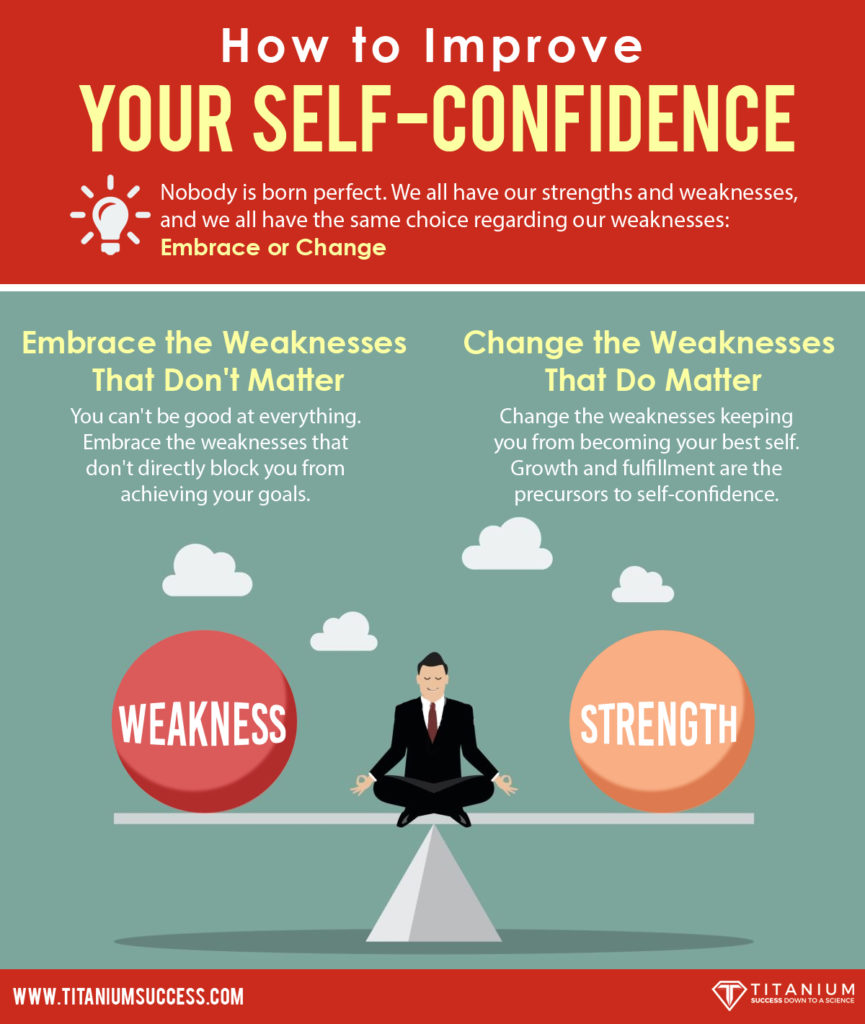
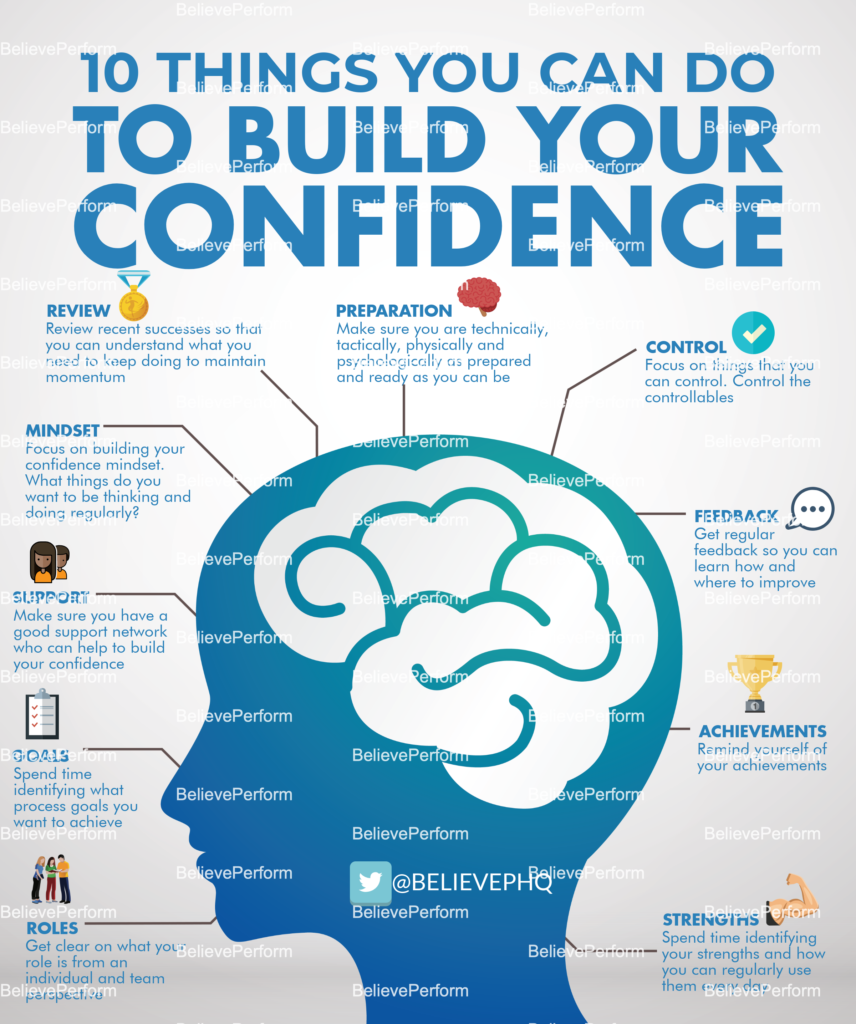








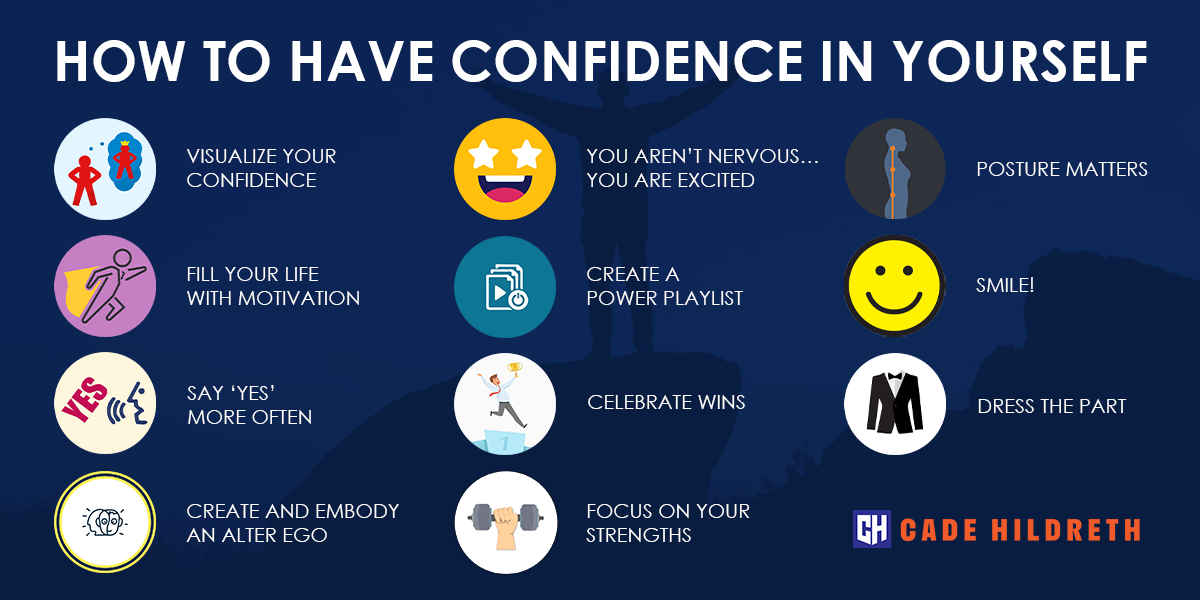
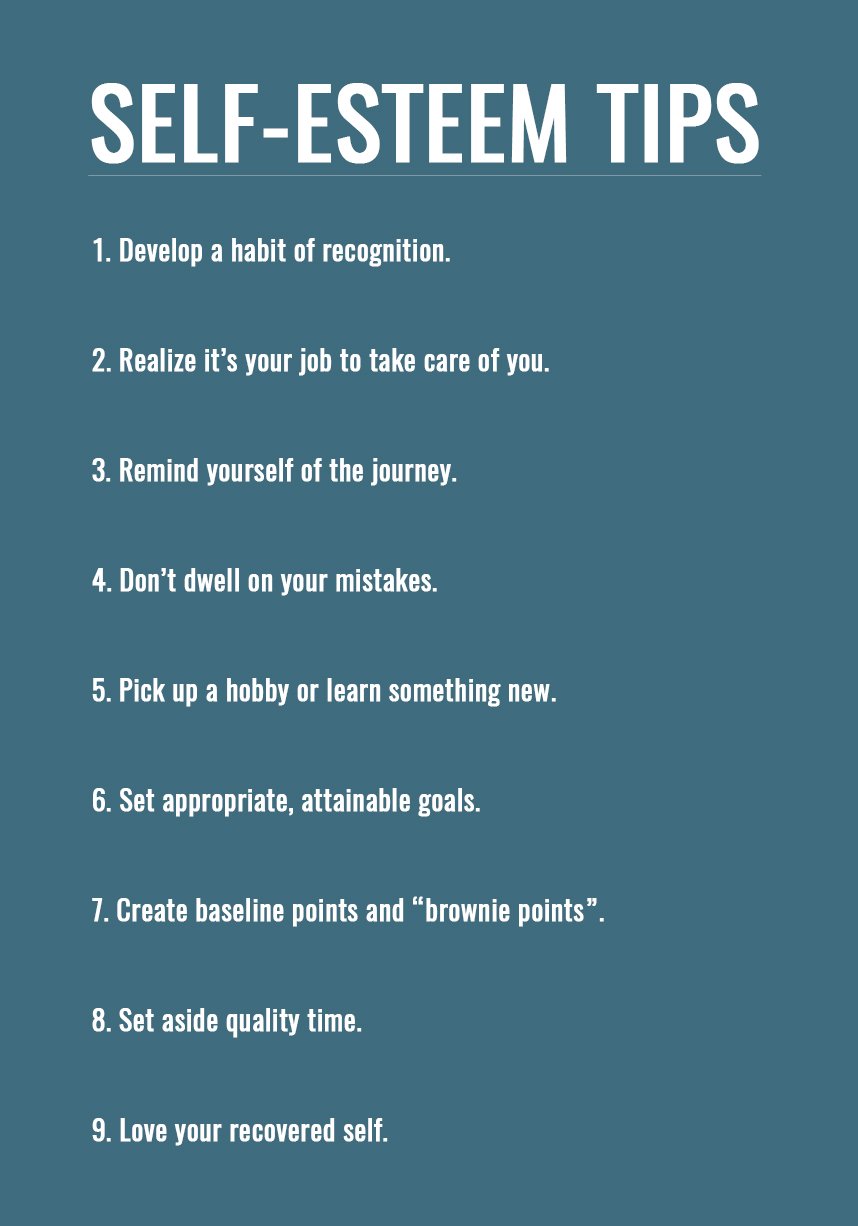
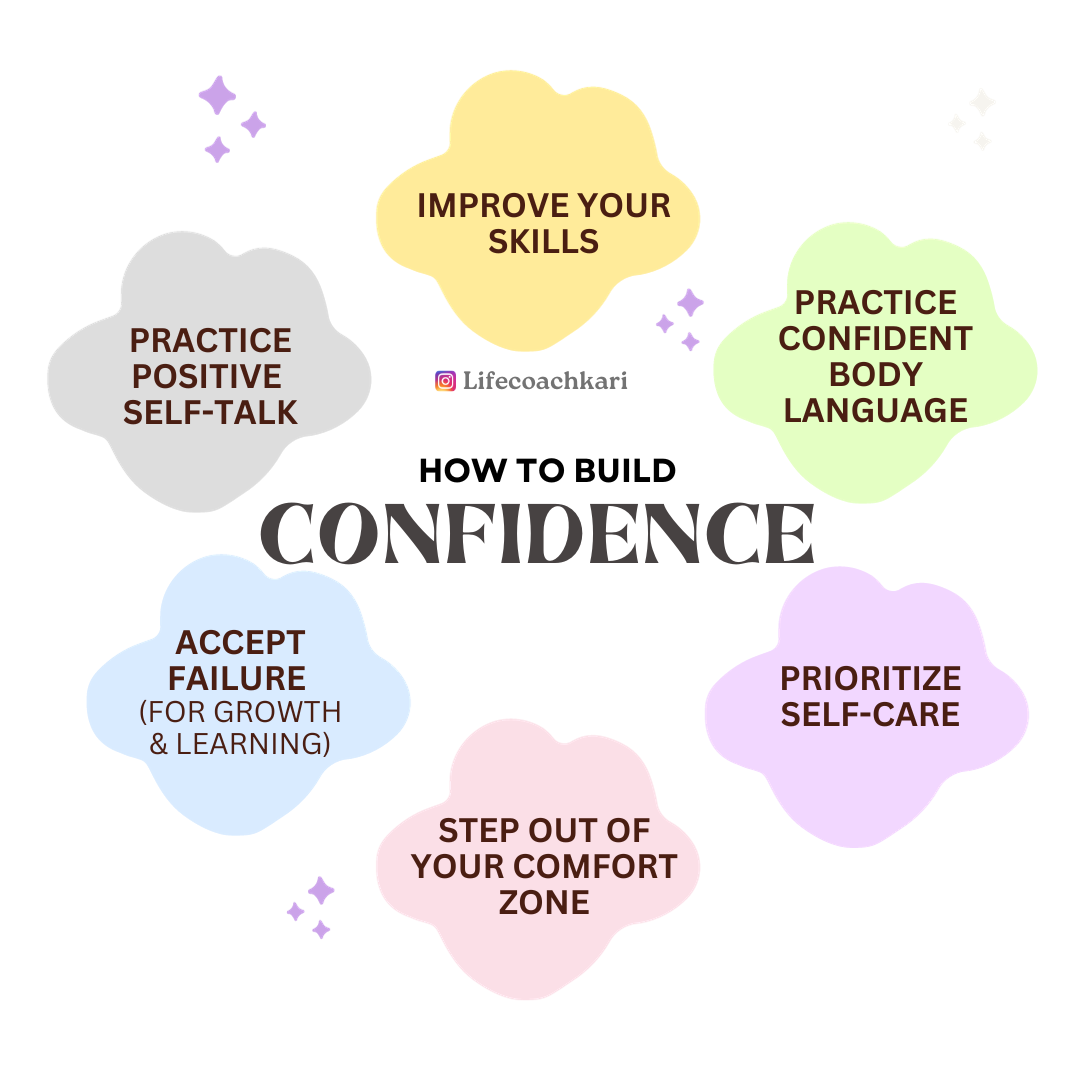


:max_bytes(150000):strip_icc()/how-to-build-self-confidence-5209231-FINAL-fe2e0265fbed407da074f1345163ba21.jpg)


